Top 7 Best White Label Ecommerce Platforms to Build Your Own Brand in 2025
The ambition is a familiar one in the digital world: to build and own a piece of software. It’s the dream of creating a recurring revenue engine, of deepening client relationships, and cementing your brand not just as a service provider, but as a technology partner. Yet, the path to achieving this is notoriously fraught with peril—immense capital investment, long and risky development cycles, and no guarantee of a market fit.
But what if you could achieve the dream without building from scratch? What if you could leverage the billions already invested in world-class technology and present it as your own? This isn’t a shortcut; it's a strategic pivot. It’s the powerful business model offered by the best white label ecommerce platform—solutions that let you rebrand proven software and launch quickly under your own name. Understanding how to master this approach can redefine your company’s trajectory and unlock scalable growth with far less risk.
What is a white label ecommerce platform?
Let's demystify the term. At its heart, a white label ecommerce platform is a fully realized, market-proven software that you can legally rebrand and sell as your own proprietary solution. The original creator builds the engine, maintains it, and keeps it running at peak performance, but you get to put your own logo on the hood and sell the car.
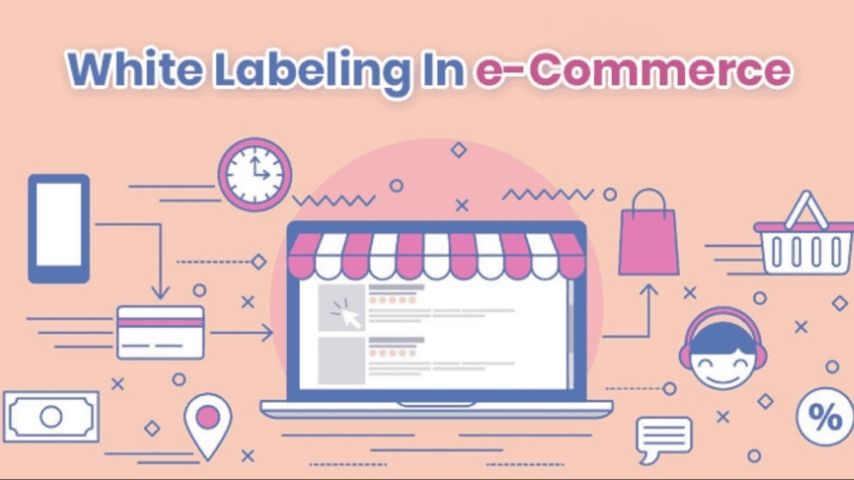
Think of a master craftsman who builds exquisite, unbranded watches. You, as a luxury brand, don't need to learn watchmaking. You acquire these masterful timepieces, design a beautiful face, engrave your logo, and present them in your own custom packaging. To your customer, it is unequivocally your watch. The craftsmanship is there, but the brand identity, the story, and the customer relationship are entirely yours. In the digital economy, this allows you to step into the highly competitive SaaS market with a mature, reliable product from day one, building a recurring revenue stream while you focus on what you do best: branding, marketing, and serving your clients.
Who should consider using a white label ecommerce platform?
The strategic power of white labeling isn’t universal, but for a specific cohort of businesses, it’s a genuine game-changer. For a digital marketing or web design agency, the value proposition is profound. It elevates your service from one-off projects to integrated, long-term partnerships. You’re no longer just the firm that built the website; you're the partner that powers their entire online sales operation, making your services indispensable and dramatically increasing client lifetime value.
This same principle of value extension applies equally to established SaaS companies. A CRM or email marketing platform that adds a fully integrated ecommerce solution creates a much stickier ecosystem, offering clients a single, unified command center for their business. Many of these companies turn to the best white label ecommerce platforms to accelerate time-to-market without sacrificing quality or control.
Beyond these, the model empowers entrepreneurs to launch ambitious multi-vendor marketplaces for niche industries—be it local artisans or B2B suppliers—without the crippling cost of custom development. And for large enterprises and franchises, it solves the perennial challenge of brand consistency, providing a standardized yet customizable platform to ensure a cohesive digital presence across all locations.
Key features to look for in a white label ecommerce platform
But identifying that you're a good fit is only the first step. The true challenge lies in discerning a powerful, scalable platform from a basic one. This distinction comes down to a handful of non-negotiable attributes.

A platform’s appeal begins with its capacity for complete brand immersion. This goes beyond just swapping logos; it requires custom domains, configurable color schemes, and the total removal of the provider's footprint. But this is merely cosmetic without the architectural muscle to back it up. This is where a multi-tenant framework becomes critical, allowing you to manage a diverse portfolio of clients from a single dashboard while keeping their data completely siloed and secure.
Of course, the core offering must be robust. Your clients will expect a comprehensive suite of ecommerce tools—from sophisticated inventory management to versatile payment and shipping integrations. Yet, the secret weapon of a truly elite platform is a powerful API. An API is your gateway to limitless extensibility, allowing you to connect the stores you build to any third-party software your clients depend on, from ERPs to specialized marketing automation tools. Above all, this must all be wrapped in a blanket of uncompromising security and PCI compliance, a burden the provider assumes so you and your clients don't have to.
Top 7 best white label ecommerce platforms in 2025
With those key criteria in mind, let's explore the platforms that stand out in the current market. Each has a unique strength, catering to different business models and client types.
1. BigCommerce
Best for agencies and enterprises demanding a powerful, API-first headless solution. BigCommerce is an ecommerce titan, and its partner program allows you to leverage its immense scalability and rich B2B feature set. It’s perfect for clients with complex catalogs and high growth ambitions.
2. Shift4Shop (formerly 3dcart)
This platform is a fantastic choice for those wanting an all-in-one solution with predictable costs. Known for its zero-transaction-fee model and an extensive list of built-in features (from CRM to blogging), Shift4Shop provides a comprehensive toolkit right out of the box, making it easy to sell a value-packed service.
3. Marketplacer
If your entire business model revolves around creating multi-vendor marketplaces, look no further. Marketplacer is purpose-built for this, with specialized features for seller onboarding, commission structures, and connecting buyers with multiple sellers. It’s a specialist, not a generalist.
4. Ecwid
Ecwid offers unparalleled flexibility. Its core strength lies in its ability to be embedded on any existing website, blog, or social media page. The white label program is refreshingly straightforward, ideal for agencies whose clients want to add commerce to their established web presence without a complete overhaul.
5. Sharetribe
For entrepreneurs tapping into the peer-to-peer (P2P) or "sharing economy" space, Sharetribe is the industry leader. It's designed specifically for marketplaces focused on services, rentals, or experiences, with native features like booking calendars, user messaging, and location-based searching.
6. WIX (Partner Program)
Best suited for designers and agencies already thriving within the WIX ecosystem. While technically a partner program, it allows for brand removal and provides a custom-branded client dashboard. You can deliver sophisticated ecommerce sites built on WIX’s famously intuitive drag-and-drop editor, streamlining your workflow significantly.
7. Shopify Plus (Partner Program)
For agencies serving the elite of ecommerce, the Shopify Plus Partner Program is the gateway. You gain the ability to build and manage stores for high-volume, high-growth merchants on arguably the most recognizable and robust ecommerce platform in the world, benefiting from its incredible app store and headless capabilities.
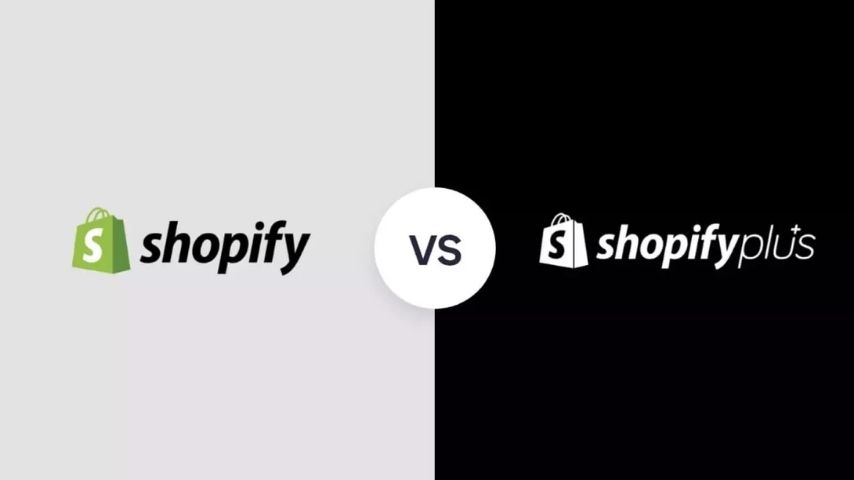
How to choose the right white label ecommerce platform for your business
Your selection process shouldn't be a checklist, but a strategic inquiry. It starts not by looking at the platform, but by looking in the mirror. Who is your ideal client? The needs of a small restaurant differ vastly from those of a multi-national distributor. Define that client avatar first, and the field of options will narrow dramatically.
From there, it becomes a question of business modeling. Dig into the pricing—is it a flat fee, a per-client cost, or a revenue share? Map out your potential profitability. Then, insist on a hands-on demo. Get into the reseller dashboard. Does it feel intuitive? Is this a space where your team can work efficiently?
When evaluating the best white label ecommerce platform for your business, don’t overlook the importance of long-term support. You're not just buying software; you're entering a partnership. The quality of their support will directly impact the quality of yours—and ultimately, your client satisfaction and retention.
Common challenges when using white label platforms (and how to overcome them)
Embarking on this journey means navigating its potential pitfalls. The primary psychological hurdle is platform dependency. You're building your castle on someone else's land. The solution is to choose land owned by a reputable king—a provider with a history of stability and a transparent data export policy.
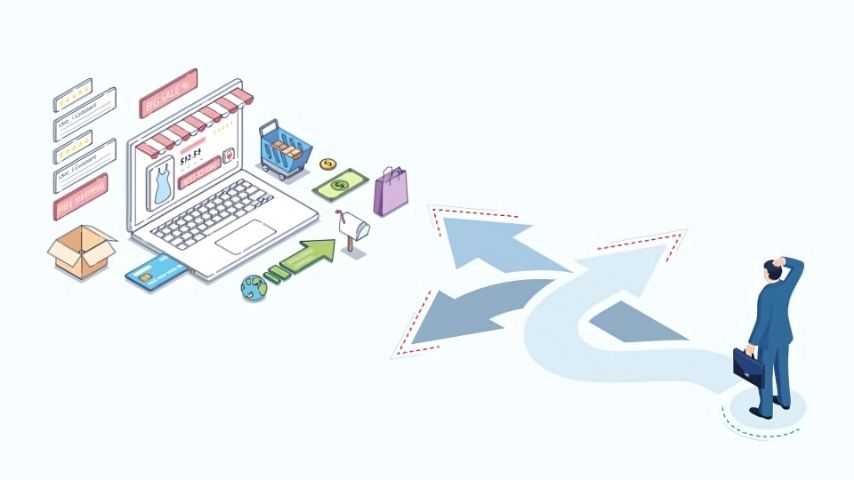
Next is the challenge of customization constraints. You are, to some extent, limited by the provider's toolbox. This is why a powerful API is your greatest ally. It allows you to build custom solutions on top of a stable core, offering you a unique competitive advantage. This leads directly to overcoming the final hurdle: differentiation. If others use the same tool, how do you stand out? The answer is simple: you don't sell the tool. You sell your expertise, your unparalleled service, your curated onboarding process, and your deep understanding of your niche. The platform is the canvas; your service is the masterpiece.
Final thoughts: Is a white label ecommerce platform right for you?
In the end, a white label ecommerce platform is far more than a piece of software. It’s a business model, a growth strategy, and a declaration of ambition. It offers a clear, calculated path for agencies and entrepreneurs to evolve, moving from service providers to technology partners.
If your goal is simply to resell a product, this model may not be for you. But if your ambition is to build a brand, to forge lasting client partnerships, and to create a scalable, profitable business powered by world-class technology, then the answer is clear. The key lies in diligent research and choosing a true partner, not just a provider. That choice will be the foundation upon which your digital empire is built.
Looking for a simple way to understand how ecommerce really works? Head over to Ecommerce Basics — it’s where every great online seller begins.



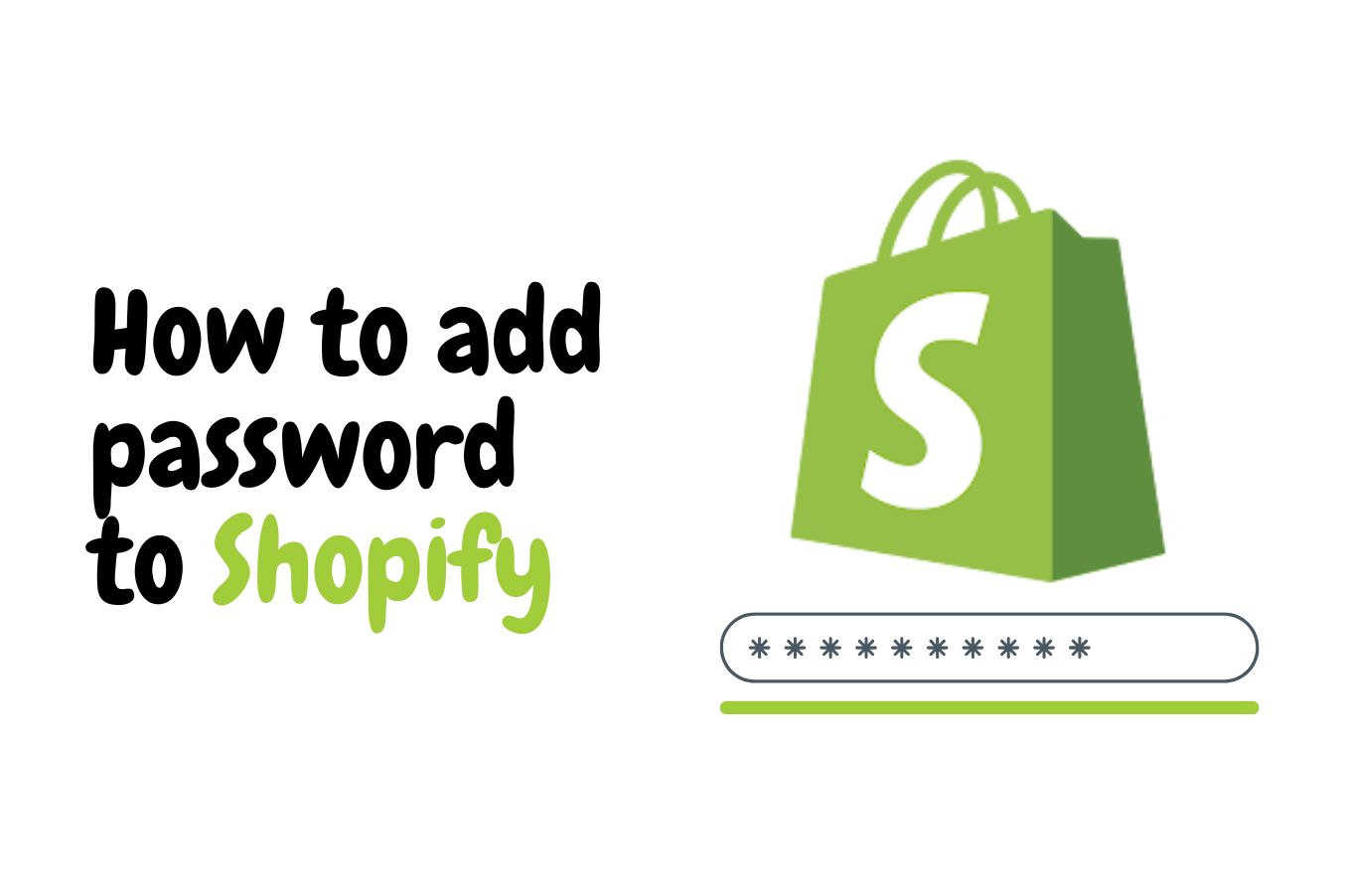
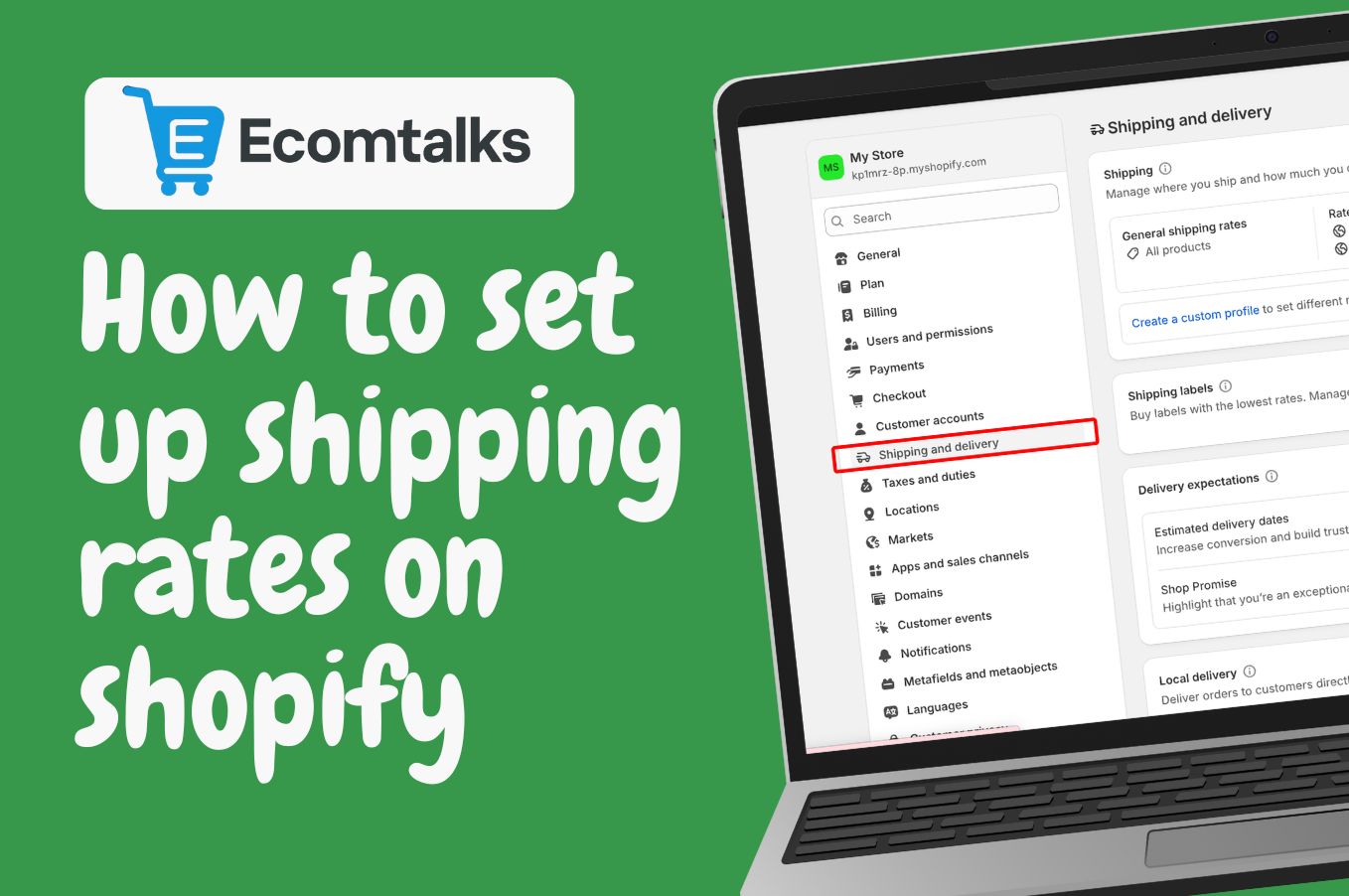
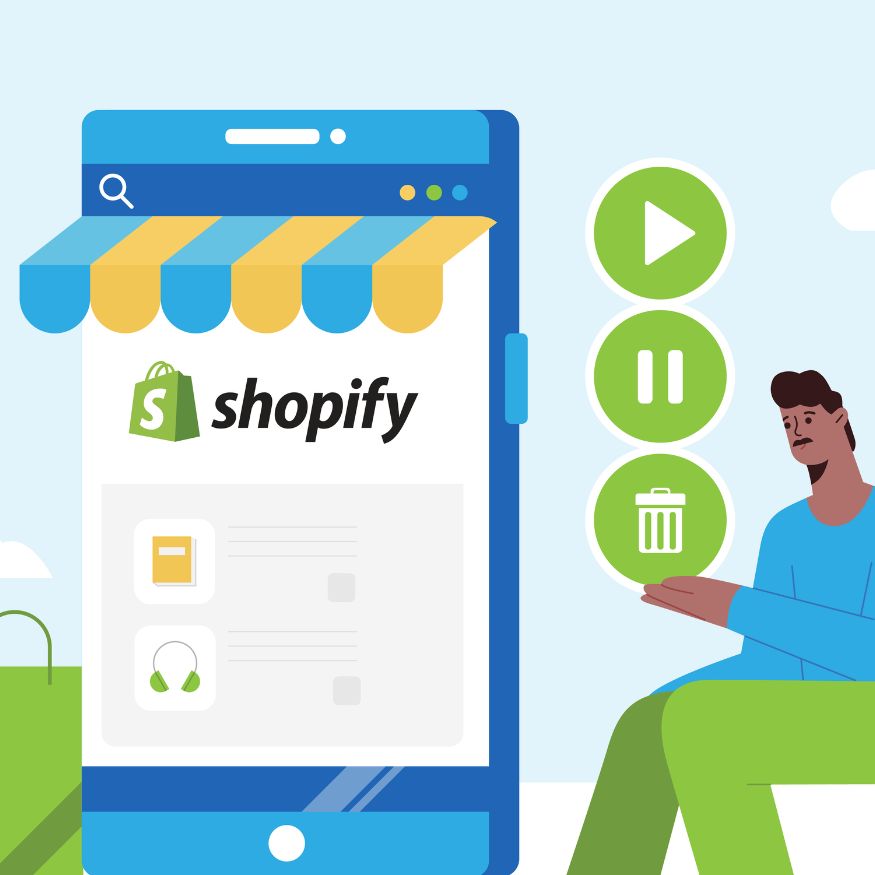
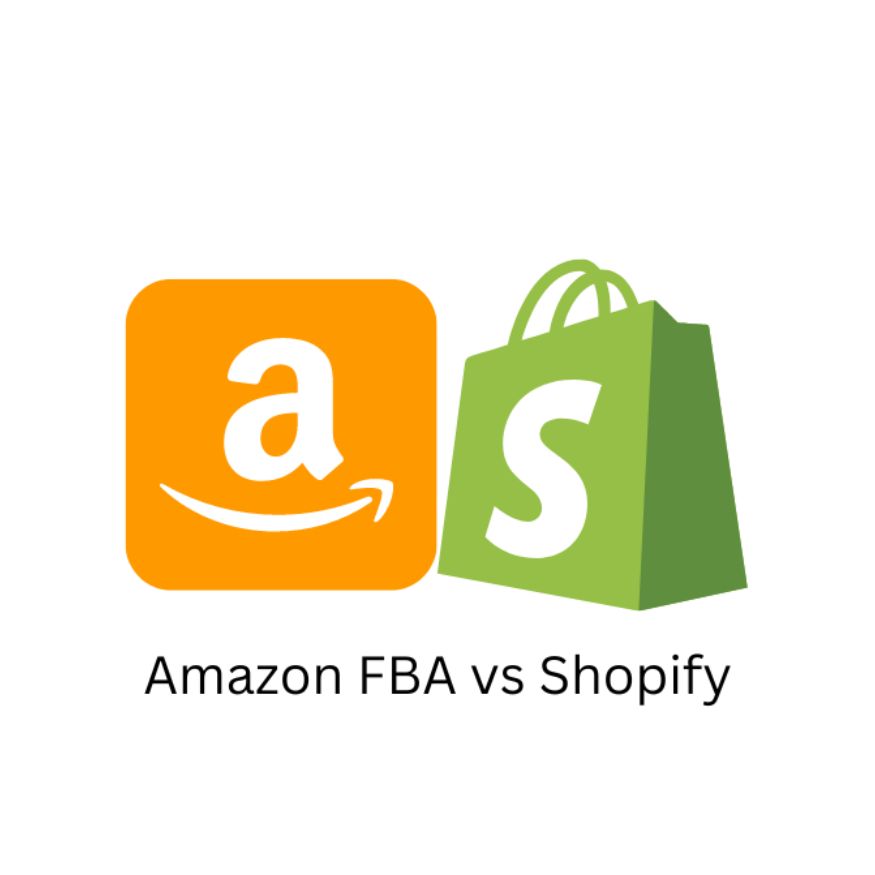
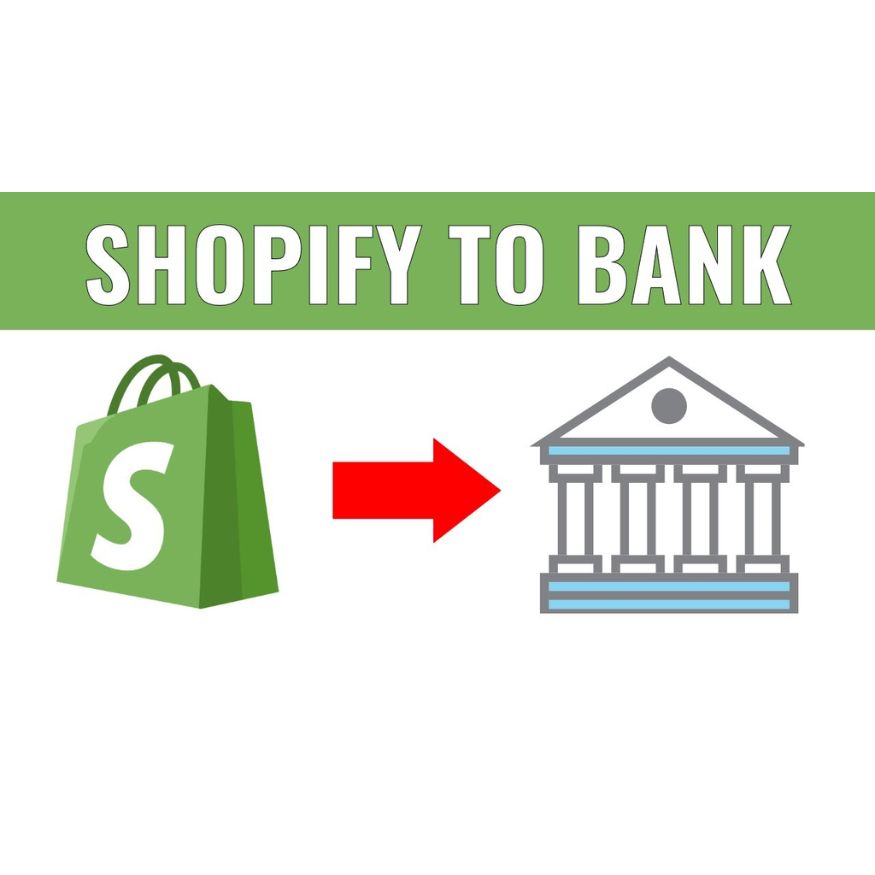
.jpg)
.jpg)